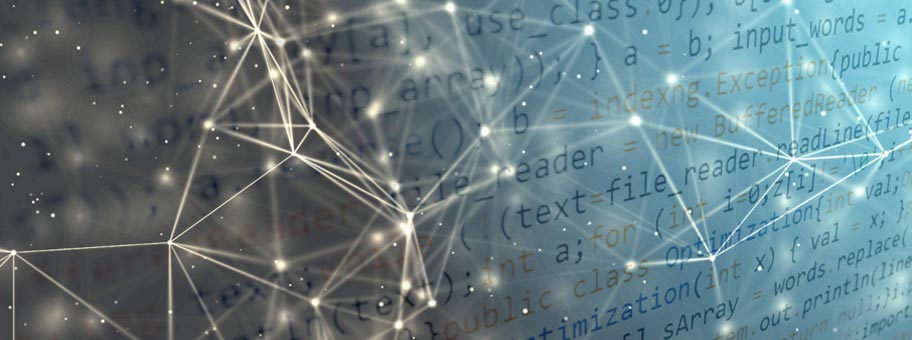ATTENTION! At 00:00 the MTIBU database will be updated. Please start concluding the contract after 00:00

26.04.2017
1819
We can get rid of bad bosses once and for all. At least, that's the promise of a radical new type of organization based on blockchain technology.
It's called a Decentralized Autonomous Organization (DAO), and it doesn't have a CEO, CFO, or vice president. There's no hierarchy at all.
Of course, whenever you put people together, there's bound to be politics, but it won't be the command-and-control structure most of us are used to.
Admittedly, the DAO concept has already proven itself to be a bit of a dud. The first major DAO was hacked, and tens of millions of dollars were at stake. But supporters of this concept do not lose hope for success and quite seriously declare that it will form the basis of the companies of the future.
A DAO is a combination of computer code, blockchain, smart contracts and people. The founders of the DAO created the basic rules of governance and thought out how it would work.
A DAO has stakeholders who own tokens that represent a share in the DAO's productivity. In essence, they are interested in increasing the value of their tokens, which is reflected in the increase in demand.
Without going into the legal aspects of this, a DAO has "shareholders".
.
Instead of a board of directors or senior executives, the token holders (aka shareholders) of a DAO have the power to vote "yay" or "nay" on any proposal before the organization.
There are some rules that DAO institutions must follow to make it as efficient as possible.
The bottom line is that in a DAO, instead of being hired as an employee, you are contracted on a project-by-project basis. Then, after discussion among the community members, a vote is held on the proposal and, once it is accepted, your work begins.
After you submit a proposal to the DAO and the community members vote for you, you join the process and begin to actively work on your project.
But let's say you systematically miss deadlines or exceed your authority in relation to other community members.
In normal "command and control" politics, the office system prevails. Your boss may even support your behavior. Thus, strife and disagreements arise in the team.
However, in a DAO, if you break deadlines or treat people badly, you know what happens? DAO token holders who voted for your contract can simply withdraw their votes and you’re out of the picture.
And there’s another potentially huge advantage to this structure. Because a DAO is organized around smart contracts and values, rather than people and roles, the flexibility and agility for innovation is greatly increased.
Companies often talk about innovation and “looking to the edges for insight.” This is very difficult to do in a hierarchical organization. Ideas from the “edges” are hard to find, hard to manage, and hard to execute. In a flat organization, the community can rally and “fund” the best ideas from anywhere in the world.
We’ve all had bad bosses. Usually, the rank-and-file employees know the problem much better than the top management. Ultimately, they are the ones who feel it all. It's frustrating, and what's worse, bad bosses hold their positions for far longer than they should.
In the world of DAOs, you don't have a boss. But what's even cooler is that laggards and those who slow down the process are removed quickly and efficiently.
Source: Startup Network